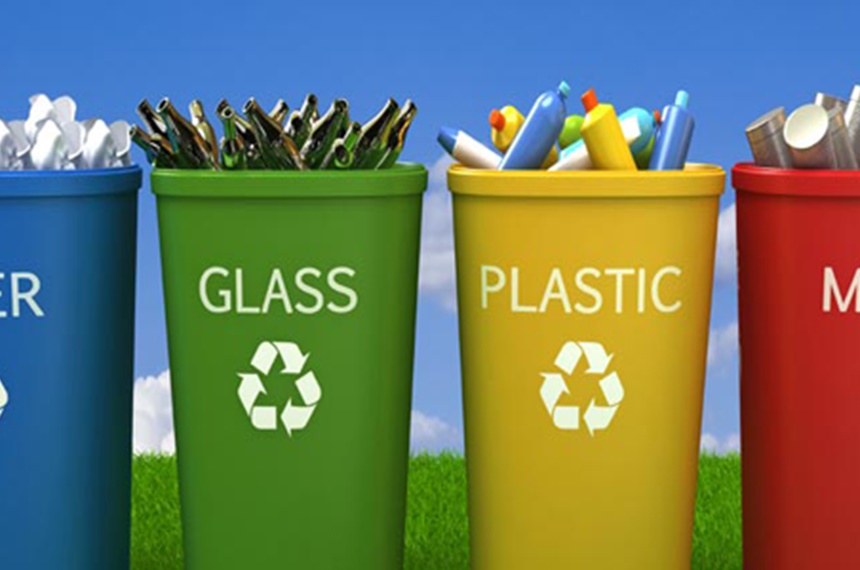
European Parliament supports more ambitious waste management targets
As part of the EU efforts towards creating a circular economy, in 2017 the European Parliament debated and voted on the so called “waste package” proposed by the European Commission and aimed to manage waste more efficiently and effectively throughout the EU. The discussion was centered mainly on how ambitious targets for recycling and landfilling limits should be.
Waste generation in Europe has been increasing in the past years, including a huge quantity of food lost or wasted both throughout industrial chains and municipal waste.
Statistics from 2014 suggest that 44% of all municipal waste in the EU is recycled or composted (compared to just 31% in 2004). Food waste in the EU is estimated at some 89 million tons, or 180 kg per capita per year.
A large share of waste still ends up in landfills, which has the worst impact on the environment and human health. Landfilling of untreated waste is banned in the EU and share of landfilled biodegradable municipal waste is limited to 35% of 1995 levels. However, many EU countries are behind the current targets and have obtained derogations.
Although incineration is a better alternative than landfilling and it is used in some Member States for energy generation purposes, excessive rates of incineration usually lead to lower rates of recycling.
Moving to a circular economic model involves reducing the amount of waste by re-using, recycling and repairing as much as possible. In order to shift towards a more widespread adoption of such practices, the European Commission proposed a legislative package including four separate directives on waste, landfills, packaging and vehicle, battery and electronic equipment recycling. More specifically:
- Waste and packaging waste: by 2030, at least 65% by weight of so-called municipal waste (from households, shops, and supermarkets) should be recycled or prepared for re-use. The European Parliament proposed to bring it up to at least 70%. For packaging materials, such as paper and cardboard, plastics, glass, metal and wood, MEPs proposed an 80% target for 2030, with interim 2025 targets. The legislation also backs up proper recycling of end-of-life vehicles, batteries and e-waste.
- Landfilling: the draft by the Commission limited the share of municipal waste to be landfilled to 10% by 2030. MEPs proposed a further reduction to 5%, although with a possible five-year extension, under certain conditions
- Food waste: the European Parliament supported an EU food waste reduction target of 30% by 2025 and 50% by 2030, compared to food waste figures in 2014. It also proposed a similar target for marine litter.
To sum up, under the draft legislation adopted, by 2030 the share of waste to be recycled would rise to 70%, the share of landfilling would be limited to 5% and food waste reduced by 50%. The European Parliament will now negotiate with Council of Ministers, which yet has to adopt its own position.
Improved waste management would benefit the environment, public health and the economy. "Re-use, recycling and recovery are becoming the key words around which a new paradigm needs to be built to promote sustainability, innovation and competitiveness, so that waste will cease to be a problem and become a resource" said Simona Bonafè (S&D, IT), lead MEP and Member of the EP Committee on the Environment, Public Health and Food Safety.

Follow us on